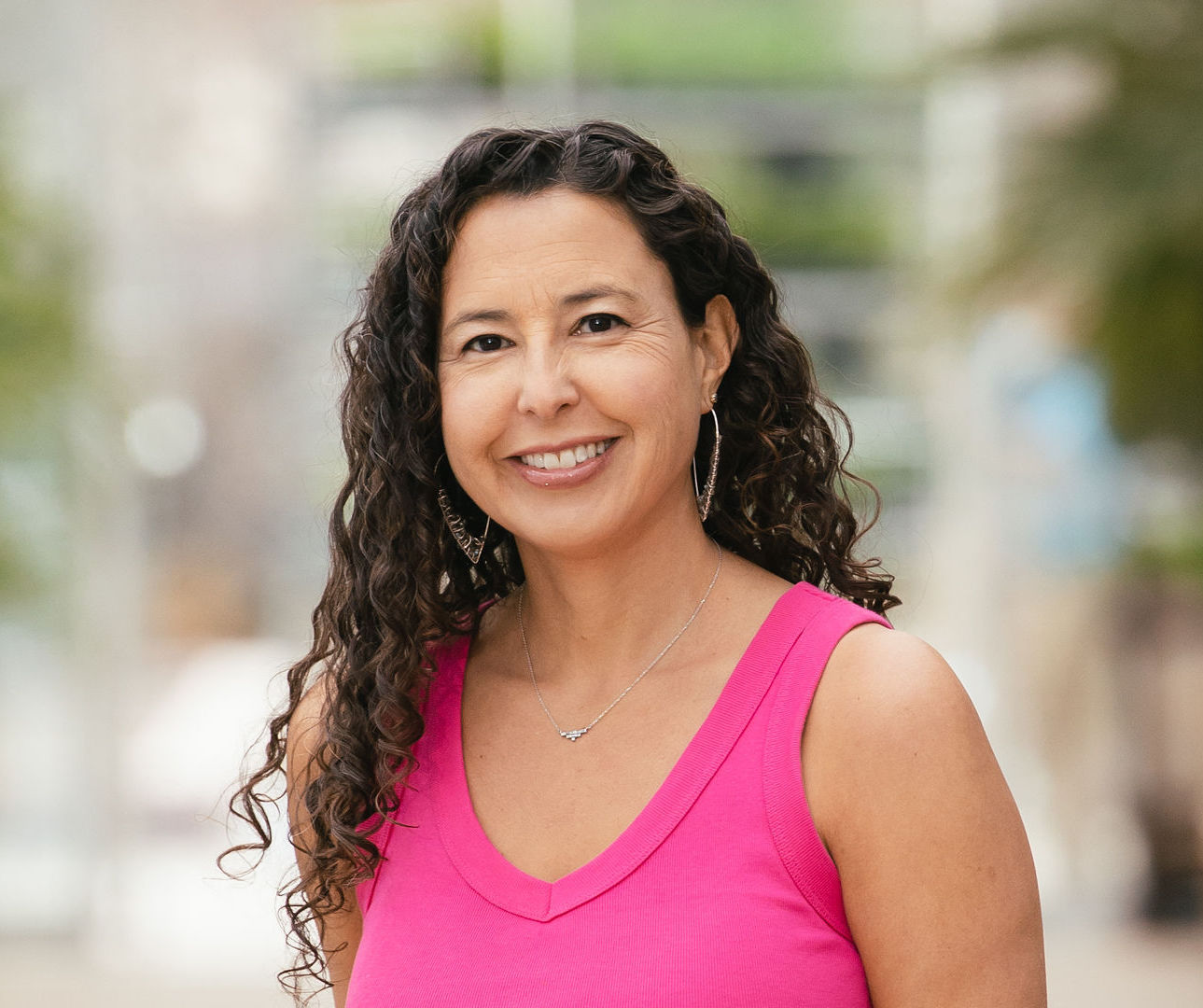We were lucky to catch up with Maria Gabriela Guevara recently and have shared our conversation below.
Maria Gabriela, looking forward to hearing all of your stories today. We’d love to hear about the best advice you’ve ever given to a client? (Please note this response is for education/entertainment purposes only and shouldn’t be construed as advice for the reader)
The best advice I probably ever give to clients is twofold. The first part of it is that all the discipline (which later turns into habits) can be implemented with 80/20. If they live in the way that is most nourishing to them 80% of the time, they can consciously choose 20% of the time to do something else (though honestly, over time, because the nourishing feels so good, many of them start choosing that even more often!). The second part of it is “how does it feel to you?”– sometimes, when I give guidance from Ayurveda, they may ask me a more linear question, for example, “Is magnesium a good supplement for me?”– I’ll tell them what I think, like perhaps it’s too heating for them or I think it’s good from the standpoint of their particular constitution, and then also say, “but if you think it could be good for you, try it and see how you feel.” I think tuning in and making ourselves our own experiment is key to the process, with the most important part becoming very attuned to the subtleties of how it makes you feel.
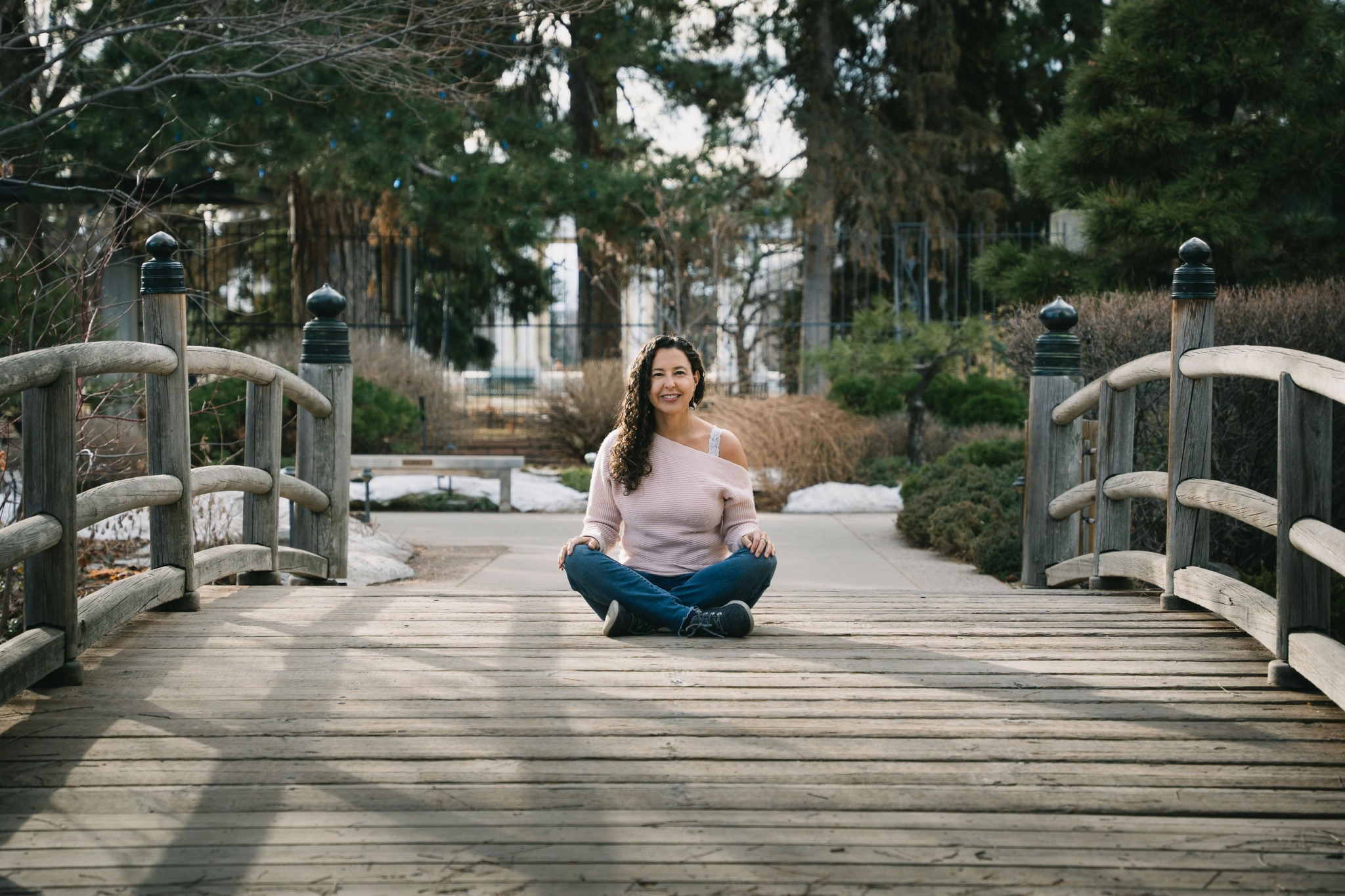
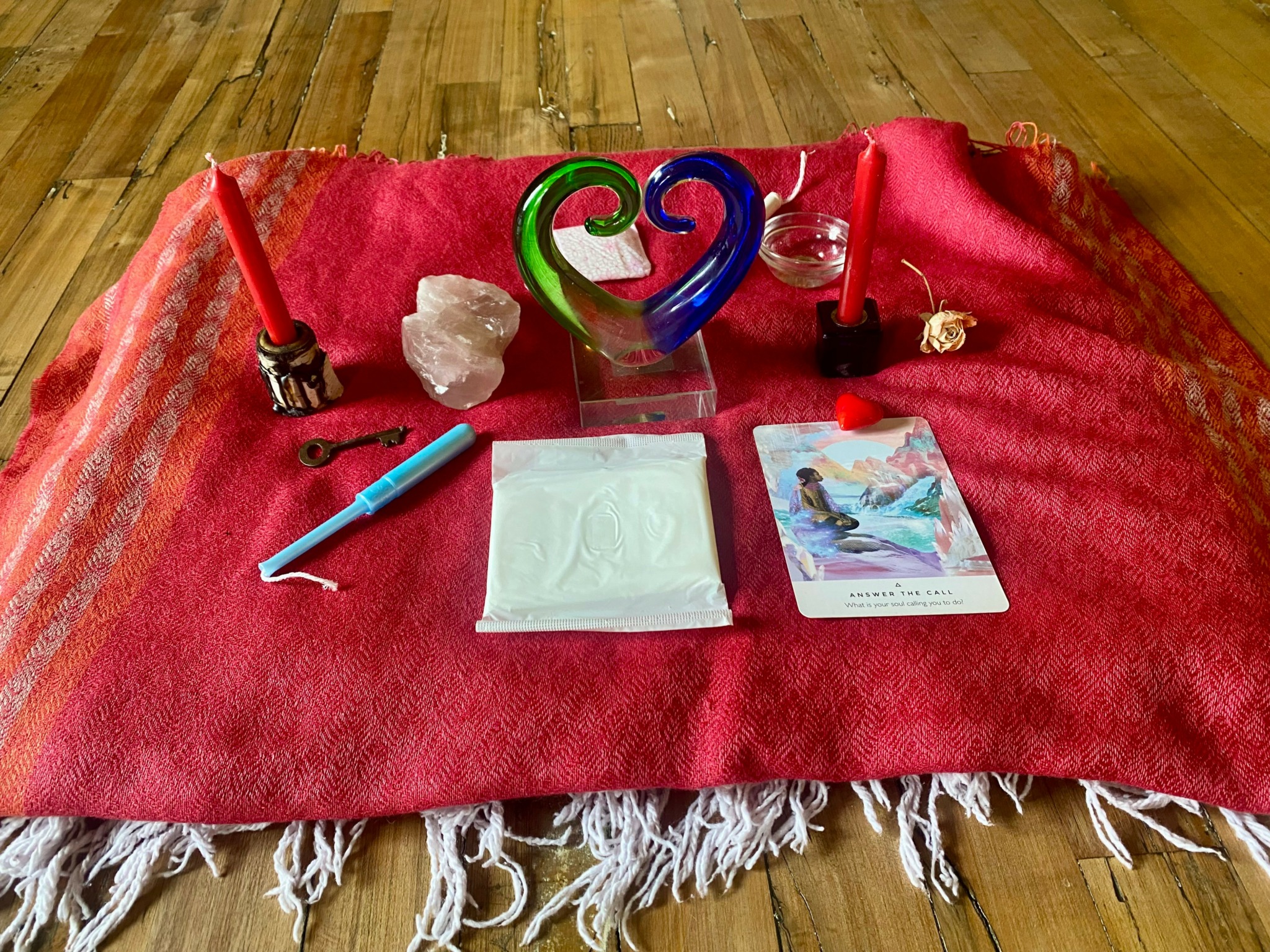
Great, appreciate you sharing that with us. Before we ask you to share more of your insights, can you take a moment to introduce yourself and how you got to where you are today to our readers.
I became a pharmacist because I was passionate about helping people with their health, and I truly believed at the time that the allopathic Western healthcare system truly helped people take care of their health, including prevention and management of disease. When I finished pharmacy school, I did residency training and specialized in pain management, and worked in a hospital for a few years as a clinical pharmacist. I was very academic and invested in “evidence-based medicine” and “what the science says.” Science is awesome, but allopathic medicine has its issues, and we need to balance the science with our own deep knowing, which can only happen when we cultivate a deep relationship with ourselves.
When I was working as a hospital pharmacist, I saw one set of issues with the system. For every dollar spent on medications, there is another dollar spent on adverse effects from medications, many of which occur in hospitals. Additionally, I was working in what’s called a ‘safety net’ hospital, which meant at the time that the majority of our patients either had Medicaid or no insurance (pre- ACA). For most of these patients, even when they wanted to try measures like physical therapy, acupuncture, massage, etc. other than medications to manage their chronic pain, their insurance (if they had it) wouldn’t cover it and of course they couldn’t afford it. At the time, I was not very in touch with the spiritual reasons people have chronic pain either, though looking back, I know my emotional body sensed something deeper.
I never thought I would work for industry, but then I received an opportunity at a clinical laboratory that focused on clinical drug testing specialized in pain management, substance use disorder (addiction) and psychiatry. I left the clinical job and went corporate. I initially loved it, even though I worked long hours and traveled 3 out of 4 weeks a month. I was educating clinicians on pain management guidelines, addiction and risk assessment, and how to use the tool of urine drug testing to help care for their patients. I had several roles at that company, learned a lot about the business (it worked like a startup when I first started and I ended up wearing many hats pharmacists don’t typically wear, including doing things like collaborating with marketing on writing copy and sales brochures). However, this also gave me another perspective on why the allopathic system is broken. Sales people have way more access to doctors than patients and pharmacists working in retail settings. Insurance companies don’t care about covering a service that will prevent disease or deaths long-term; they only care about the money that can be saved in the very short term (this is because most people will have their insurance company less than five years before it changes). Insurance companies have also squeezed physicians, NPs and PAs into 7-15 minute visits; this is why your clinician in the insurance model barely can take time with you. If they don’t move on, they don’t make money. We honestly should all be outraged at insurance companies.
Over time, I became really burned out on my corporate job. I won’t go into details here, but I did also see how sometimes on the backend of product development, some really sheisty things happen even though most people involved have the best of intentions. I also worked with executives who clearly cared nothing about the patients the company was serving, and were only in it for the bottom line. Anyway, I came to a breaking point where I barely believed I was helping anyone anymore. I traveled a lot, worked long hours, barely cooked, and drank alcohol to deal with my anxiety, and I was a dynamic, high-functioning individual who could get shit done.
A decade later, I was burned out, bloated and gassy, experiencing brain fog, had gained 30 pounds over ten years, and my sleep had started to deteriorate. Then, my doctor informed me I was likely in perimenopause. Every day felt like a struggle to keep straight what needed to be done and show up and “perform” in meetings and presentations.
An acquaintance in my circle texted me one day out of the blue to suggest I consider a six month feminine form Ayurveda program. I had been introduced to Ayurveda in my yoga teacher training a few years prior, but had dismissed it as a bunch of linear rules that weren’t for me. Something about the program drew me in, and I signed up.
I fell in love with Ayurveda. It taught me how to optimize my sleep, cook food that felt nourishing (and delicious) to me, and to manage my anxiety and energy levels with daily routines, breathing practices and yoga nidra. As I continued my perimenopause journey, I used Ayurveda to help ease hot flushes, vaginal dryness, and decreased libido. I now feel the best I’ve ever felt in my body (better than I did in my 30s), even with energy levels that wax and wane. I know how to respond to my body’s needs and shifts over the seasons. I’ve changed my mindset around aging, learned to lean into some discomfort and changes, and ask what they are teaching me.
Ayurveda reignited my passion for helping people with their health. I decided to go to two years of Ayurveda school to become a certified Ayurveda health counselor, with the intention to start my own business.
As I was starting to figure out what a business might look like (and still hanging on to the security of the job), I got laid off from my corporate job at the end of 2022. The universe was giving me a big kick out of the comfortable nest. It was time to make bigger changes.
I became an entrepreneur and started my business, Intuitive Ayurveda, specializing in helping women in midlife prepare for, manage, and celebrate their transition into menopause. I started working with women one on one, helping them reclaim their health in mid-life and feel better in their bodies.
I believe that women have the power to intuit what is best for them and their bodies. Since we haven’t been taught this, they often need support to initially get in touch with this power. Women, especially midlife women, have been taught for far too long that their suffering is “just a part of aging.” The system has also taught us that when we have symptoms, we should reach for a drug to fix it (and often holisitic medicine is thought of as an alternative herb or supplement). My take, especially for women in midlife and perimenopause, is that when symptoms arrive it is often a wake up call to how we are living our lives, particularly the accumulation of not so nourishing choices in the last couple of decades. Hormones shift, revealing what has already been happening. Women can then heed the call to pay attention to foundational living (how they are eating, sleeping, managing energy, stress, etc) and prevent further disease down the road, OR they can try to symptom manage with supplements, herbs, or HRT. I think that supplements, herbs and HRT are the tip of the iceberg and are not going to get at the root cause of symptoms; they can be helpful and a bridge, but ultimately a woman needs to prioritize herself in a way she maybe never has before.
I provide coaching to women in group settings so that they can have community support along the journey of primarily figuring out how to get back into deep communication with their bodies, using the ancient science of Ayurveda. I have also worked with women 1;1. In both settings, I’ve seen deep transformations occur: in mindset of how to approach self and body, and women finding that true knowing of whether something (practice, herb, drug, etc) is for them. No more getting confused by trends and conflicting messages. They also come to understand that working with life is the antidote, not buying one more magic supplement or drug. My mission is to help midlife women feel so good from the inside out that they no longer need validation from the outside-in, and embrace aging and this new life phase as a powerful, wild and wise woman.
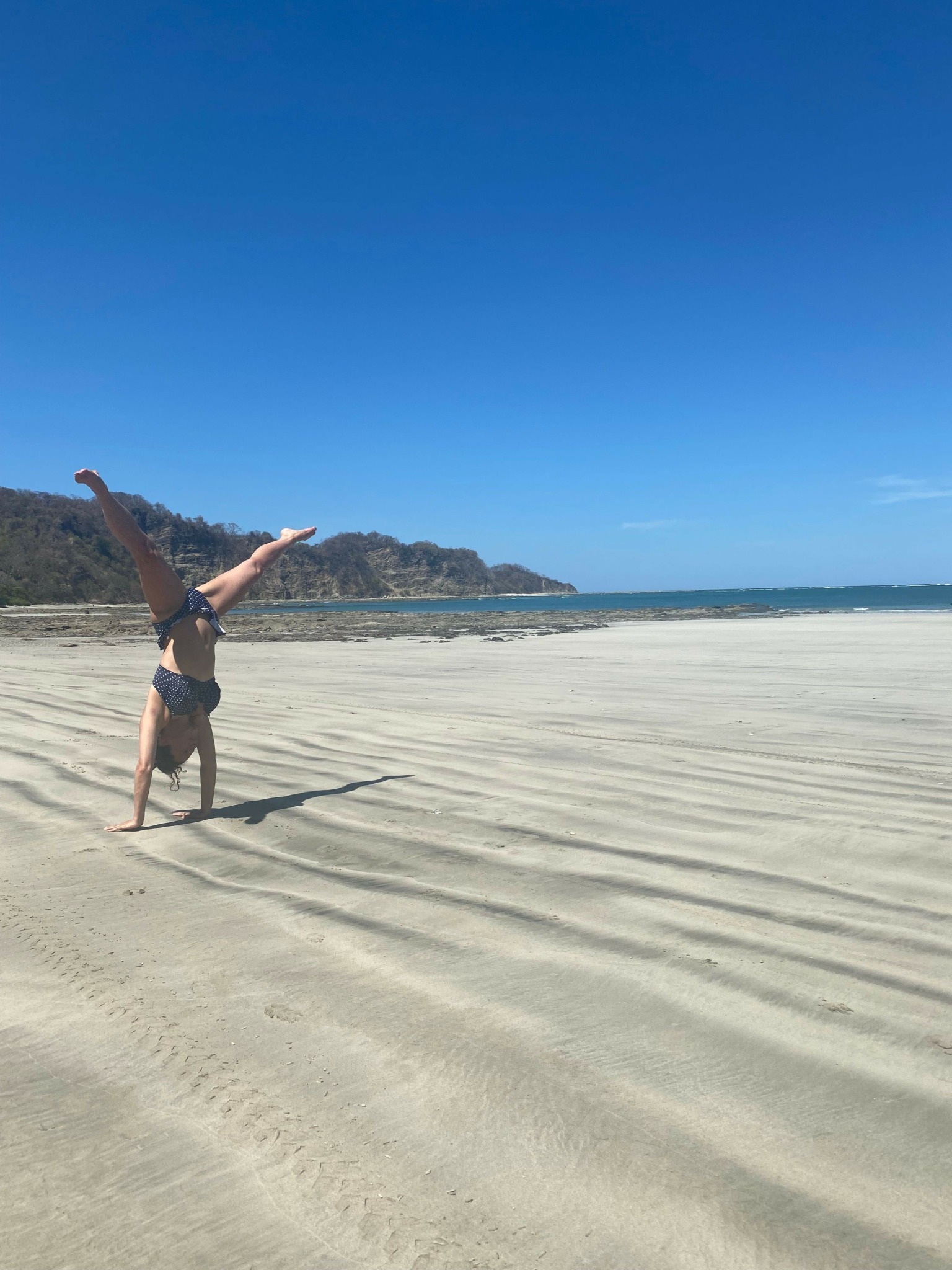

Learning and unlearning are both critical parts of growth – can you share a story of a time when you had to unlearn a lesson?
When I first graduated from pharmacy school, I didn’t believe in a method, drug, herb or supplement that didn’t have “evidence.”– e.g., placebo-controlled, double-blind trial.
I was very much in my masculine, linear logic brain (nothing wrong with this, it is simply overemphasized in our society).
I learned through many years that 1- most studies are funded to make money for pharmaceutical companies. 2- most drugs only take care of symptoms, not actual root causes, and 3- western medicine doesn’t have that many answers, doesn’t understand much about why disease actually happens
I had to unlearn my linear thinking and make room for feminine intuition.
I don’t believe it’s all whoo and no drugs or Western allopathic medicine. I simply think the drugs are overused and we need to be more in touch with the natural world (which we are a part of), our own bodies, and how to care for them.
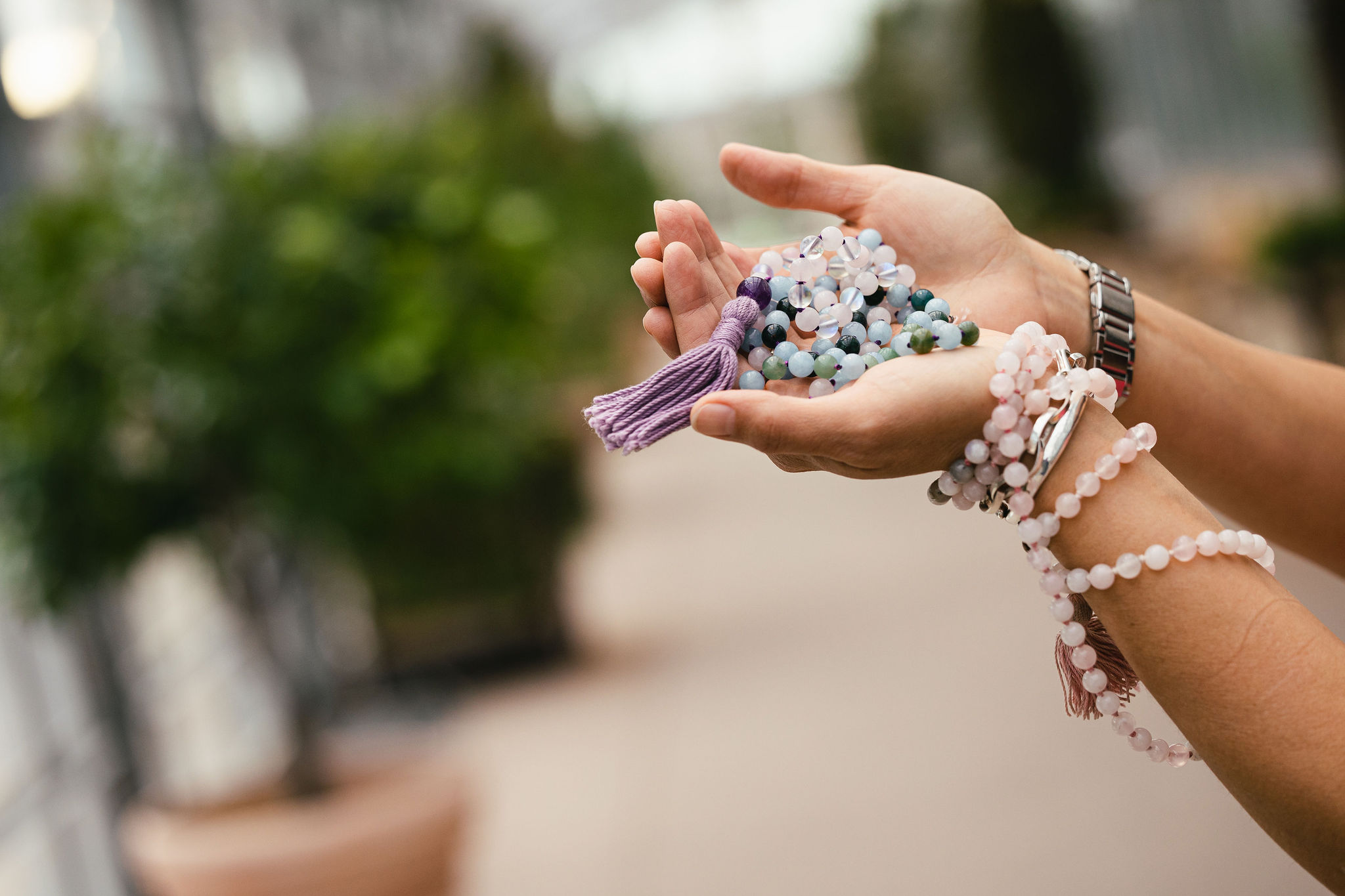
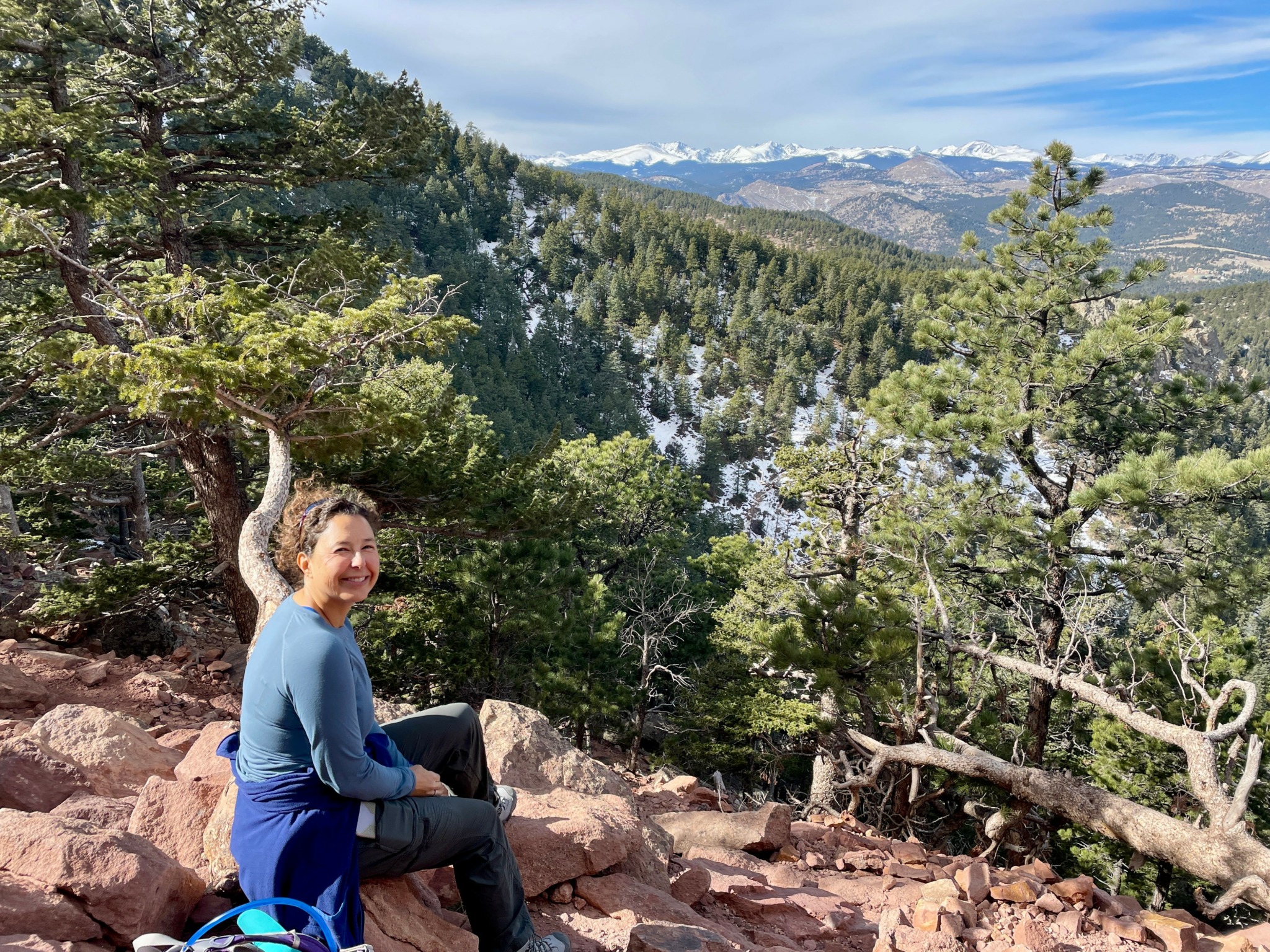
If you could go back in time, do you think you would have chosen a different profession or specialty?
If I could go back, NOT knowing what I know now (too much overthinking!), but with the bravery and resilience I’ve cultivated over the past decade, I would probably go to LA and try to make it as a screenwriter.
Contact Info:
- Website: https://www.intuitiveayurveda.com/
- Instagram: intuitive_ayurveda
- Linkedin: https://www.linkedin.com/in/maria-g-guevara-pharm-d-cpe-16998866/
- Youtube: @mariagabrielaguevara
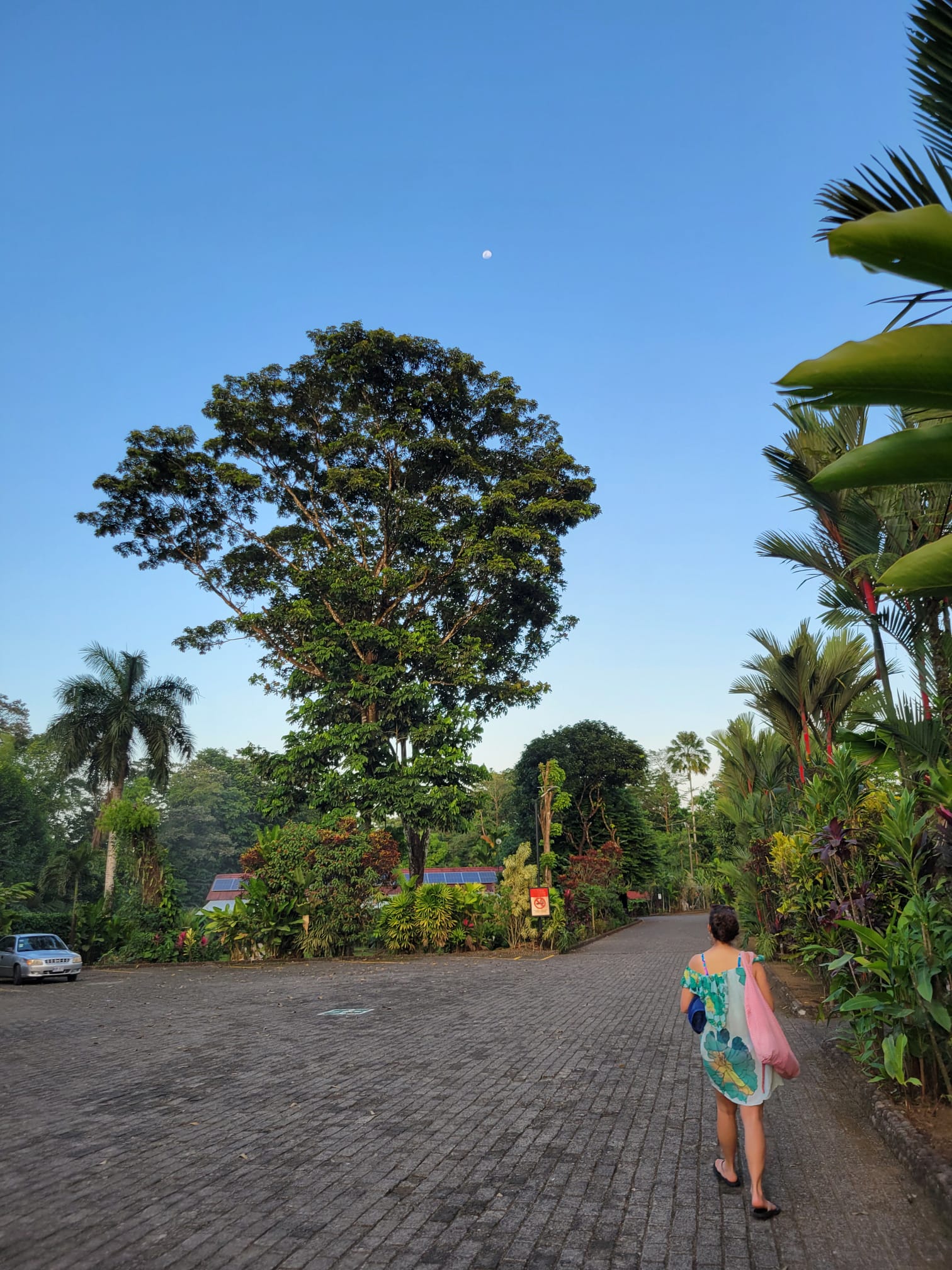
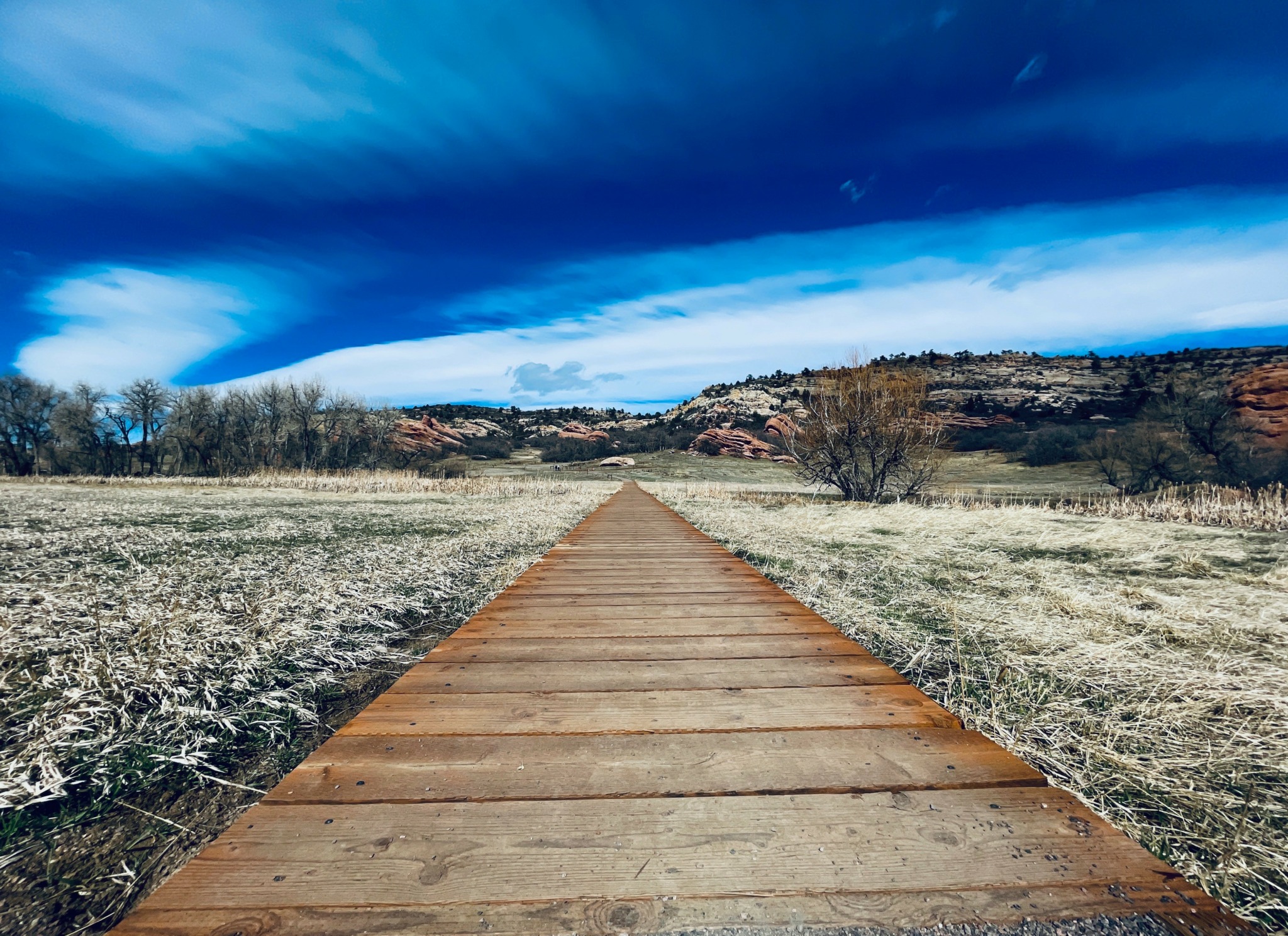
Image Credits
Christina Patsiokas
Ron Kapioski
Indigo Stray Conger


